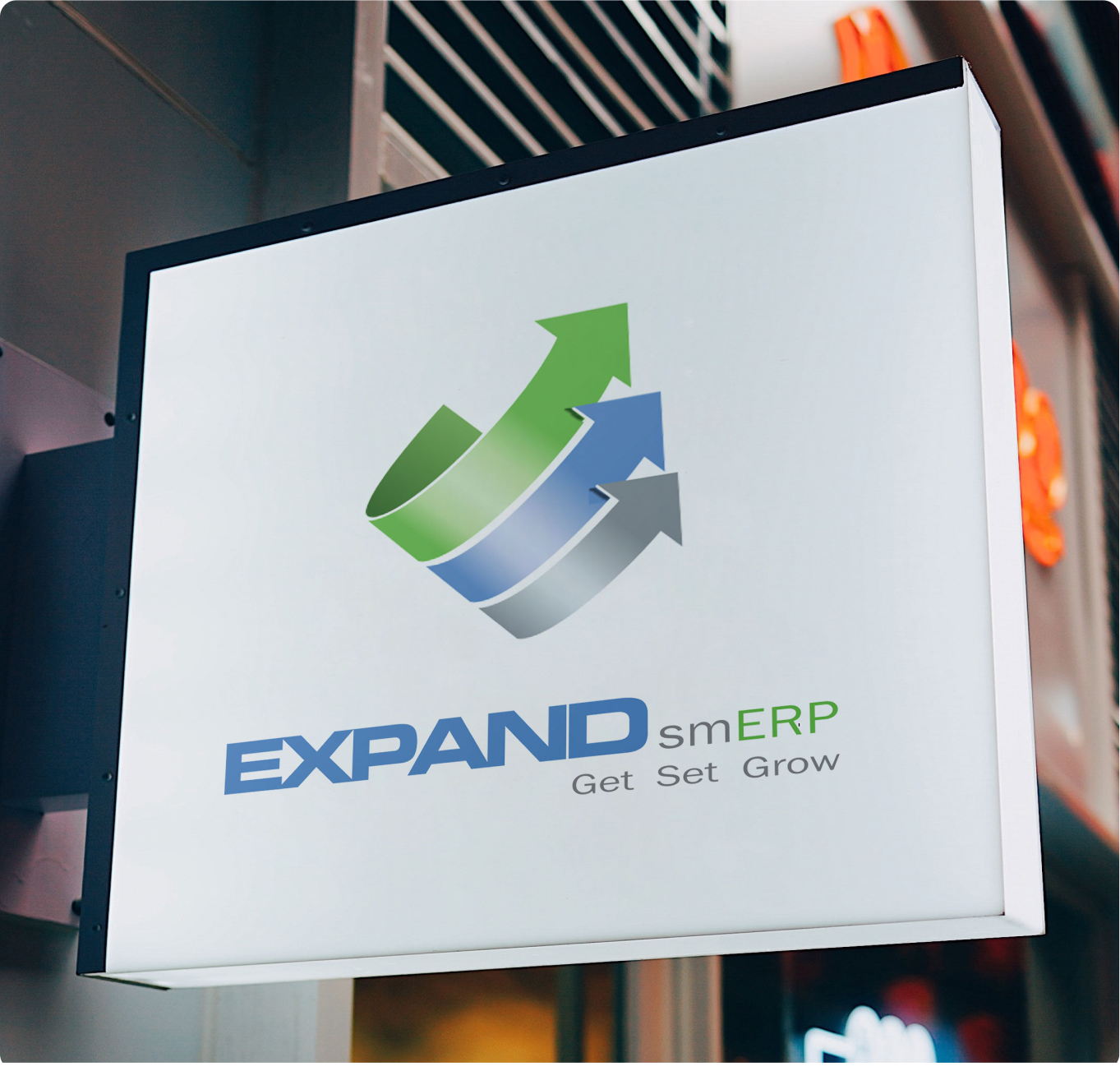Request for Callback
Fill out this form to download.

Fill out this form to download.
Thank You!
Your request for a callback has been successfully submitted. Our team will get in touch with you shortly. We appreciate your patience and look forward to speaking with you soon.
If you have any urgent concerns, please feel free to contact us directly at
+91 9007026542 or email us at [email protected]
Thank You for Your Interest!
Your request to unlock the free demo has been successfully submitted. Please check your email for further instructions and a link to access the demo. We hope you enjoy exploring the features and capabilities of our product.
If you have any questions or need further assistance, please feel free to contact us directly at
+91 9007026542 or email us at [email protected]
The brochure has been sent to your email. Kindly check your inbox, and if it’s not there, please check your spam or junk folder.
We've send a verification code to your phone
Just fill-in the details below and we will get in touch with you within 48hrs, maybe sooner.If it is important feel free to call Ritisha on +91 9007026542.
Thank you for your interest in Expand smERP. A product expert will call you within 48 hours, maybe sooner. If it is important please feel free to call Ritisha on +91 9007026542.
Thank you for your interest in expandsmERP. The login credentials have been sent to your email. Kindly note that these credentials are valid for 3 days.
Thanks for sharing your information For any queries, feel free to contact us at 9007026542.

Finding the right ERP solution is essential in the modern textile business, where complexity and efficiency go hand in hand. It's crucial to look into effective solutions because the textile industry contributes to India's GDP. It is expected to reach a staggering $195 billion market by 2024.
ERP software can help to optimize operations while streamlining the business process. Businesses can benefit from increased visibility, and time and cost savings with Expand ERP. This award-winning ERP software for the textile industry gives organizations access to real-time data. It streamlines operations, and accurate order planning, and increases predictive capablities. So, if you are also looking for the best ERP software in India to grow your production business then continue reading this guide. Here we have provided a detailed analysis of the top ERP for textile industry which can help you streamline your business.
Recommended: Benefits Of ERP For The Plastics And Rubber Manufacturing Industry
India's textile sector is expected to have impressive growth in 2024 and plays a vital role in the country's economy. It has grown to be an important sector that contributes 14% to industrial production and 4% to GDP. It is a significant source of employment generation, with over 45 million people employed in the sector. Moreover, the IBEF analysis predicts that by 2024, the textile market would be worth $195 billion. The sector needs effective solutions to manage operations and compete on a worldwide scale. Therefore, using the right ERP for manufacturing industry is crucial to boost your business as well as the economy’s growth.
Must Read: Success Factors For Erp Implementation In
Nowadays many businesses have benefited by using ERP for production. This system provides a centralized platform to coordinate the supply chain, and manage inventories. ERP systems improve operational efficiency and reduce costs by automating these procedures. ERP systems' real-time data visibility enables production managers to plan ahead. It streamline processes, and ensure product delivery on time. Adoption of an ERP system is important to stay ahead and drive sustainable growth to your business.
Textile manufacturing erp software has the power to streamline supply chain management efficiently. It enables firms to improve visibility and control over their supply chain operations. It makes real-time inventory tracking possible. It also streamlines order processing and improves communication with suppliers and distributors.
Protecting sensitive data is now essential for businesses due to rising cyber security concerns. Enterprise resource planning software offers strong data security to protect valuable business information. It offers various security measures such as data encryption, user access controls, and regular data backups. These measures minimize the risk of data breaches by ensuring that only authorized users can access and modify data.
ERP software promotes smooth team communication by combining all departments in a single system. Employees can access and share real-time data, documents, and information using an erp software. Departments can share information, communicate effectively, and collaborate on projects using ERP software. As a result, it reduces the chances of errors and leads to productivity.
The best ERP for textile industry gives firms accurate and immediate insights into their financial data. It helps track expenses, analyze costs, and identify areas of inefficiency or overspending. Businesses can reduce expenditures, and optimize budgets if they have better access to financial data.
An ERP system enables companies to measure and monitor quality at every stage of the production process. It helps in controlling and maintaining consistent quality standards. This ensures that products meet or exceed customer expectations and follow industry regulations.
This is the biggest benefit of using ERP software for production. If you want to produce accurate financial reports, then you must use ERP software. It offers a comprehensive view of the company's financial health by integrating the data from all departments. It improves accuracy and reduces errors in financial reporting through automated processes.
It significantly boosts productivity by streamlining and automating various business processes. It reduces paperwork, eliminates manual labor, and improves teamwork. Thus, employees may work more effectively, saving time and boosting organizational success.
Textile erp software considerably improves customer relationship management by centralizing client data. It also offers a comprehensive view of their interactions with the organization. It lets companies keep track of client contacts, handle questions and complaints. Thus, businesses may provide better customer service by streamlining their operations with erp.
ERP software is essential for effective planning and scheduling. Because it gives firms access to real-time data and insights. It enables businesses to manage inventory levels, optimize production schedules, and allocate resources. Businesses may reduce lead times, and improve operational efficiency with reliable ERP software.
This software gathers and combines data from various departments. It enables decision-makers to analyze trends, identify patterns, and get insightful knowledge. You can also check performance, reduce risks with data-driven decision-making.
Look for an ERP solution that provides specialized features. It must have capabilities designed to meet the specific requirements of the textile sector.
Make sure the ERP system can expand with your company as it expands. It should be flexible enough to adapt to changes in production volume, variety, and business requirements.
You must consider the ERP system's ability to interact with other software programs used in your textile operations.
Textile businesses often have unique processes and requirements. So, the ERP should allow for customization without compromising system stability.
Select a user-friendly and straightforward ERP solution. All employees should be able to utilize the system with ease, reducing the learning curve and boosting user acceptance.
Check out the ERP vendor's reputation and track record. Find a reliable supplier with textile industry knowledge. To ensure seamless adoption and use of ERP, check their degree of customer support.
Prioritize an ERP system with strong security measures due to the sensitive nature of data in the textile industry. It should provide data encryption, user access controls, and regular backups.
Consider the ERP system’s ability to respond to upcoming developments in technology. Your vendor must provide frequent upgrades to keep your ERP system in line with changing business requirements.
It is important to carefully analyze a number of factors while selecting the best ERP for the textile sector in 2024. Expand ERP is the best ERP software that has helped many businesses to streamline their operations, and stay ahead of the competition. Our ERP software is equipped with all features listed above to benefit your textile business and boost productivity.
Hosted on Certified Data Centers for Highest Level of Data Protection and Reliability.






